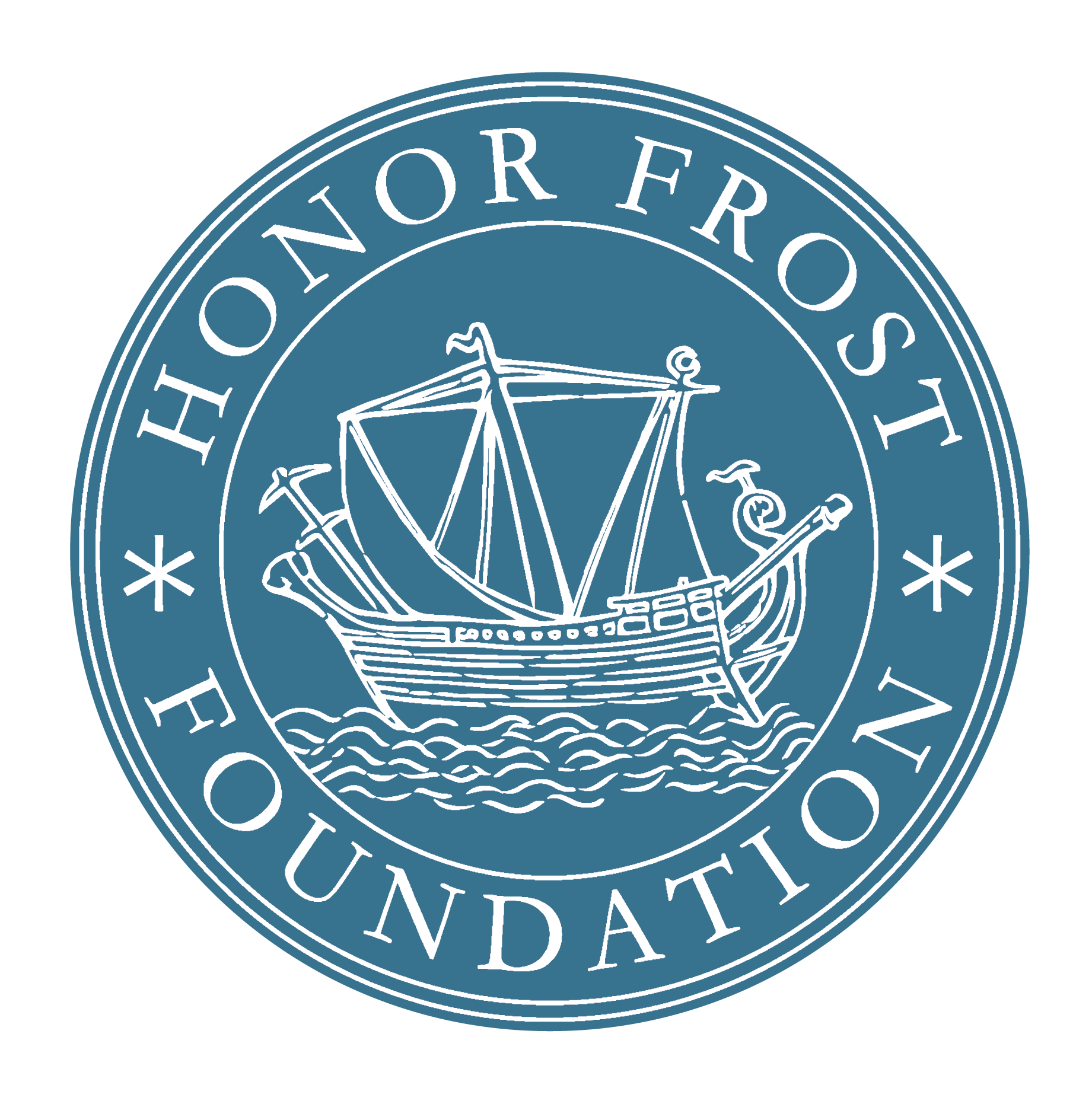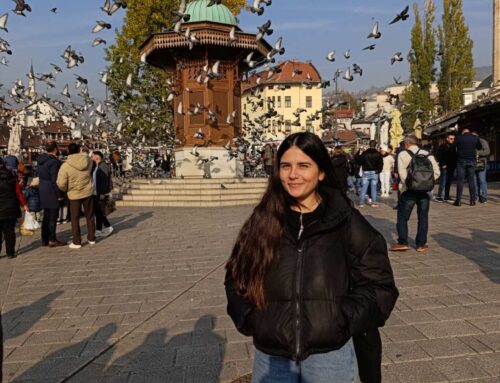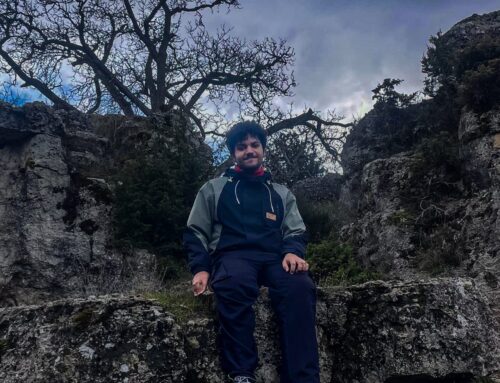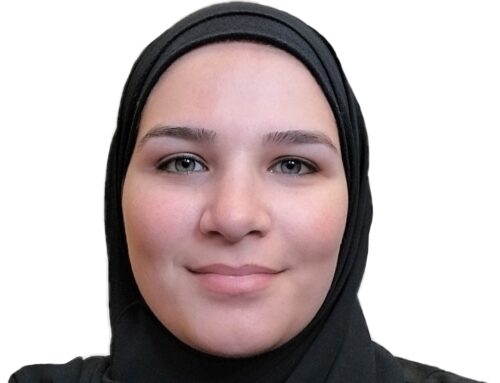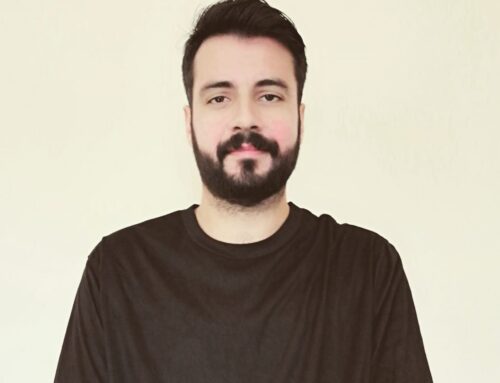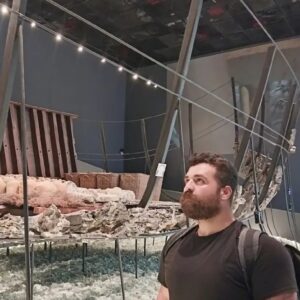 Currently pursuing a Master’s degree in Classical Archaeology, my focus is on economic theory and maritime commercial networks during the Roman period. I believe that the submerged heritage plays a crucial role in this narrative. Since the purpose of Archaeology is to reconstruct the past through archaeological data collected from various landscapes, and given the central role maritime cultural landscapes hold in our region, it is important to acknowledge that a significant portion of this archaeological data lies under the Mediterranean. My involvement in the MSCU program enhances my MA thesis, which explores Sarcophagi from a Roman-era archaeological site in Sidon and connects them with findings from neighboring coasts.The Levantine coast has seen limited maritime archaeological research, and Lebanon’s economic crisis poses challenges. Yet, foundations like HFF are vital for filling this gap.
Currently pursuing a Master’s degree in Classical Archaeology, my focus is on economic theory and maritime commercial networks during the Roman period. I believe that the submerged heritage plays a crucial role in this narrative. Since the purpose of Archaeology is to reconstruct the past through archaeological data collected from various landscapes, and given the central role maritime cultural landscapes hold in our region, it is important to acknowledge that a significant portion of this archaeological data lies under the Mediterranean. My involvement in the MSCU program enhances my MA thesis, which explores Sarcophagi from a Roman-era archaeological site in Sidon and connects them with findings from neighboring coasts.The Levantine coast has seen limited maritime archaeological research, and Lebanon’s economic crisis poses challenges. Yet, foundations like HFF are vital for filling this gap.
The MSCU program broadens my archaeological foundation by incorporating applied sciences like geophysics and oceanography. It also improves my excavation skills, methodologies, and understanding of archaeological theory.
Over the Fall 2023 semester, I successfully completed MSCU 201 – Coastal and Marine Environments: Introductory Course, a program designed to provide a comprehensive understanding of various aspects related to oceanography, tectonic processes, meteorology, ocean circulation, geomorphology, and maritime archaeology.
In the early weeks of the course, we explored the history of oceanography and plate tectonics. Subsequent modules provided detailed insights into specific subjects such as tectonic processes, meteorology, and ocean currents. The curriculum also covered waves, wave dynamics, and tides. The midpoint of the course marked the completion of the Geomorphology section, encompassing both horizontal and vertical processes.
The latter part of the semester was dedicated to Maritime Archaeology, starting with a historical overview and progressing into methodology. A regional focus on the Levant allowed for an in-depth exploration of the prehistoric, Bronze Age, Iron Age, Classical, and Medieval/Ottoman periods. Practical aspects of underwater archaeology were covered in the final weeks, including finding, surveying, and excavating underwater sites. The course further dived into seafaring, navigation, boats, shipwrecks, and harbors of the Eastern Mediterranean. Case studies were presented in the concluding weeks, with a focus on Maritime Archaeology in Lebanon and the maritime cultural landscape of Anfeh.
Throughout the semester, I benefitted from weekly assistance provided by the professors, who played a crucial role in helping me understand the material. Their guidance extended beyond the classroom, as they assisted in upgrading my research by offering additional sources, explanations, tips, and constructive criticism following quizzes and examinations.
In terms of notable activities, attending the screening of the Honor Frost Foundation’s 12th Annual Lecture ‘On the Shores of the “Wine-Dark Sea”: Sidon – A Major harbour within the Mediterranean Network’ by Dr Claude Doumet-Serhal (MBE, FSA), at the Blue House in Beirut was a great experience. During this event, I was introduced to the Honor Frost Lebanon Team members, providing a casual glimpse into their rhythms, activities, and engaging in interesting conversations.
One notable aspect of my academic growth during this period was the evolution of my writing style. With the professors’ positive criticism and constant assistance, I transitioned from a more literary approach to a refined, accurate, and efficient writing style, where quality took precedence over quantity. This shift in approach significantly enhanced my ability to articulate scientific concepts and findings.
In conclusion, it is imperative to highlight that the program has fundamentally altered my approach to archaeology, reinforcing my understanding of its multi-disciplinary nature. The concepts I acquired extend beyond the scope of my career as an archaeologist, offering valuable insights that contribute to a broader comprehension of humanities, sciences, and the world around me. I cannot emphasize enough the significance of such a program, not only for archaeologists but for students across various majors.
